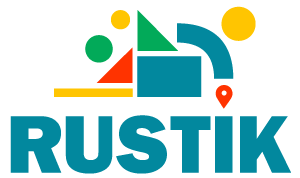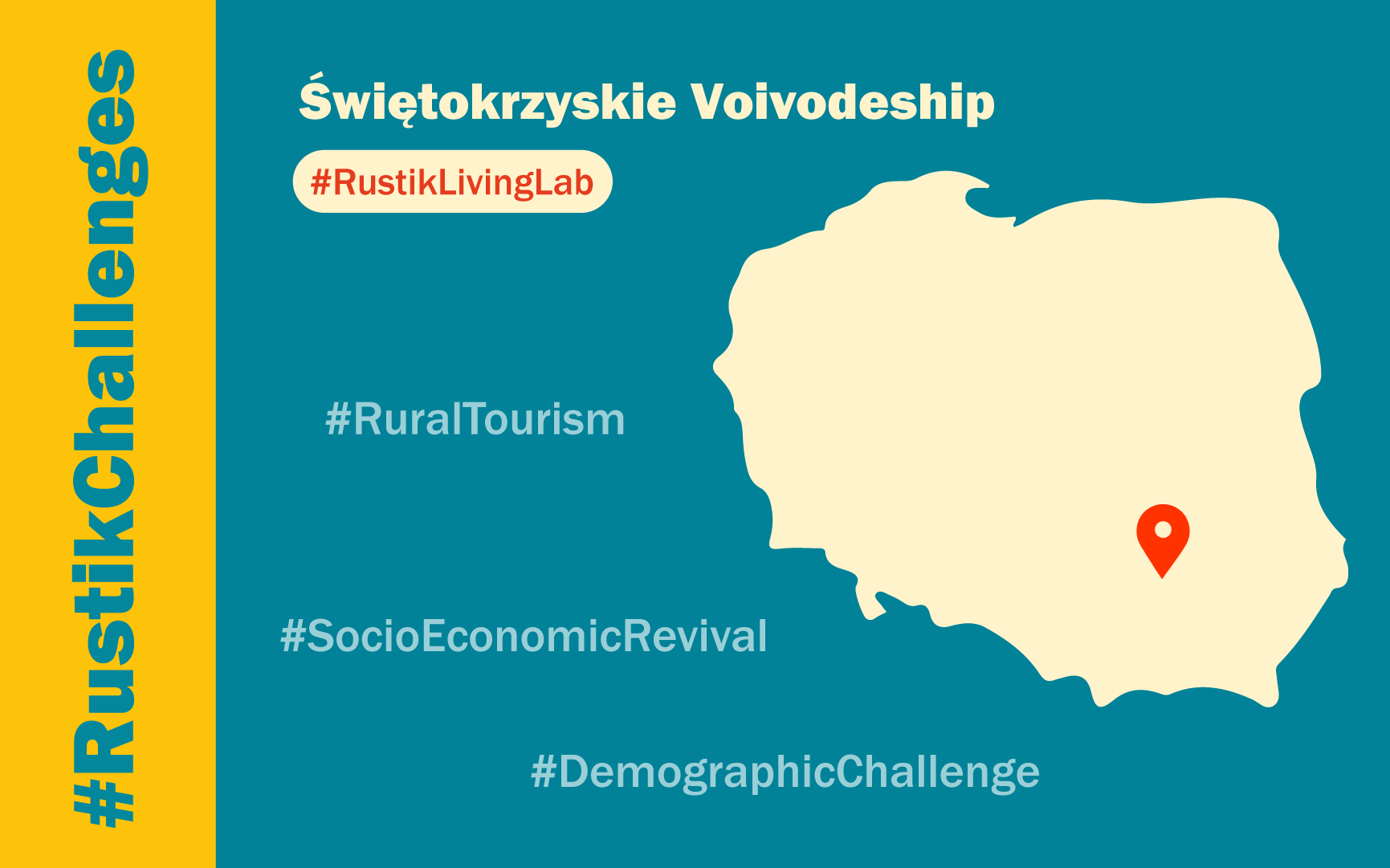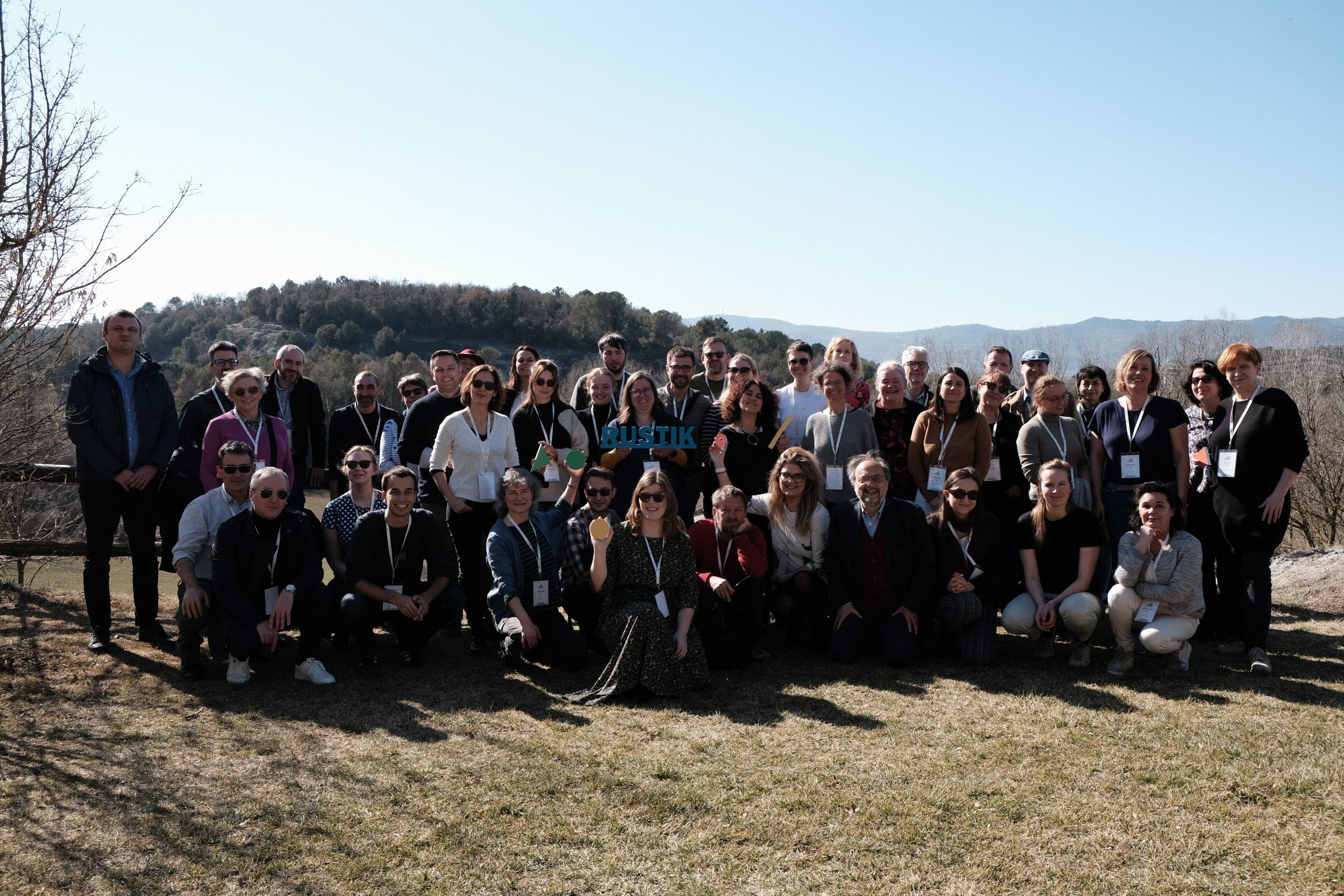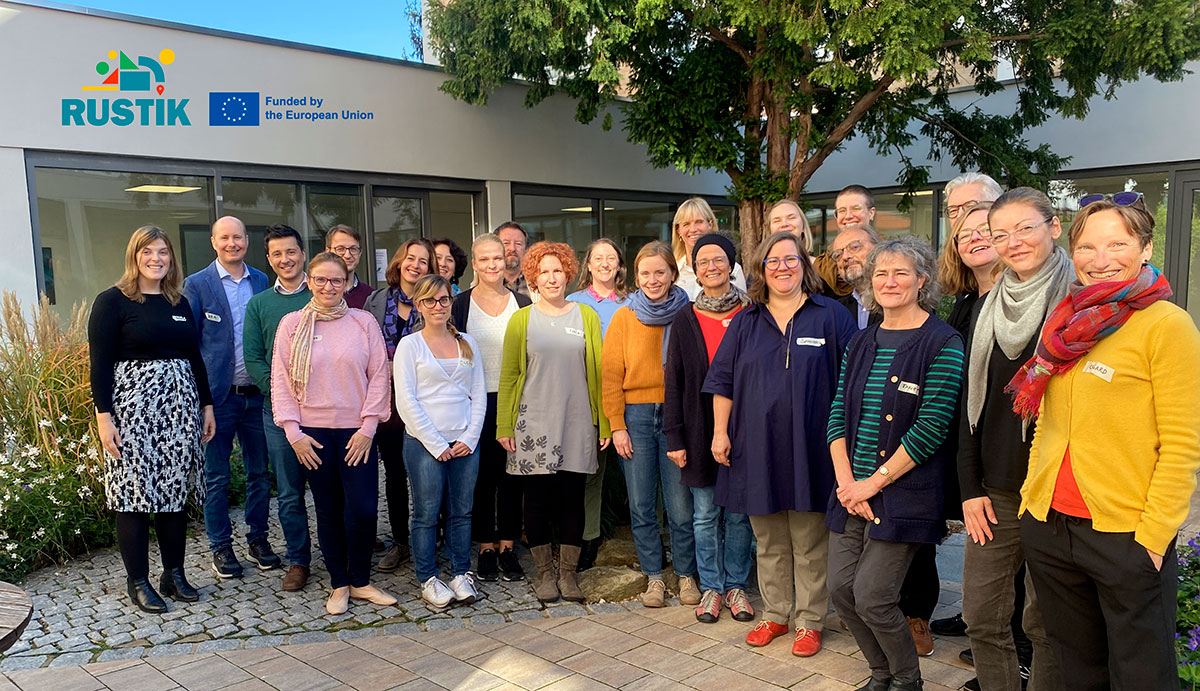The Świętokrzyskie region, nestled in the heart of Poland, boasts a unique blend of industrial vigor in the north and rustic charm in the south. Encompassing vast expanses of land and numerous protected areas, Świętokrzyskie Voivodeship offers an enticing mix of environmental splendor and cultural heritage. However, amidst its scenic beauty lies a socio-economic challenge that demands attention and strategic intervention.
The foremost concern facing the region is the adverse demographic trends plaguing its rural areas. Migration outflows, an aging populace, and dwindling birth rates have collectively contributed to a significant decline in population over the past two decades. The exodus of young residents, coupled with a burgeoning elderly demographic, paints a stark picture of the region’s demographic dilemma.
Recognizing the urgency of this issue, stakeholders have identified rural tourism as a potential catalyst for positive change. Tourism, with its promise of economic diversification and job creation, emerges as a beacon of hope amidst demographic gloom. By leveraging the region’s untapped tourism resources, stakeholders aim to not only arrest but reverse the tide of negative demographic trends.
The strategic roadmap for rural tourism development in Świętokrzyskie Voivodeship is underpinned by a holistic approach aimed at enhancing the region’s attractiveness, particularly among the younger populace. Initiatives to improve overall quality of life, bolster employment opportunities, and enhance access to essential services and cultural amenities are pivotal in this endeavor. Creating an environment conducive to attracting and retaining new residents is paramount to the region’s revitalization.
The Living Lab Challenge serves as a crucible for innovation, envisioning rural tourism as a transformative force capable of reshaping the region’s socio-economic landscape. By fostering the development of tourism infrastructure and promoting collaboration networks, the initiative seeks to elevate the region’s profile as a premier tourist destination. Moreover, through targeted marketing efforts and brand-building exercises, stakeholders aim to spotlight the myriad attractions of rural Świętokrzyskie.
Central to this initiative is the gathering of pertinent data to inform decision-making and guide policy formulation. While existing knowledge on rural tourism in the region remains scant, efforts are underway to conduct comprehensive research and data collection. Through social surveys, interviews, and meticulous inventorying of agritourism facilities, stakeholders endeavor to glean invaluable insights into tourist preferences, infrastructure needs, and the spatial distribution of resources.
In charting the course ahead, Świętokrzyskie Voivodeship stands poised at a crossroads, armed with the collective resolve to harness the transformative potential of rural tourism. As the region embarks on this journey of renewal and regeneration, it does so with a steadfast commitment to shaping a brighter, more vibrant future for generations to come.



